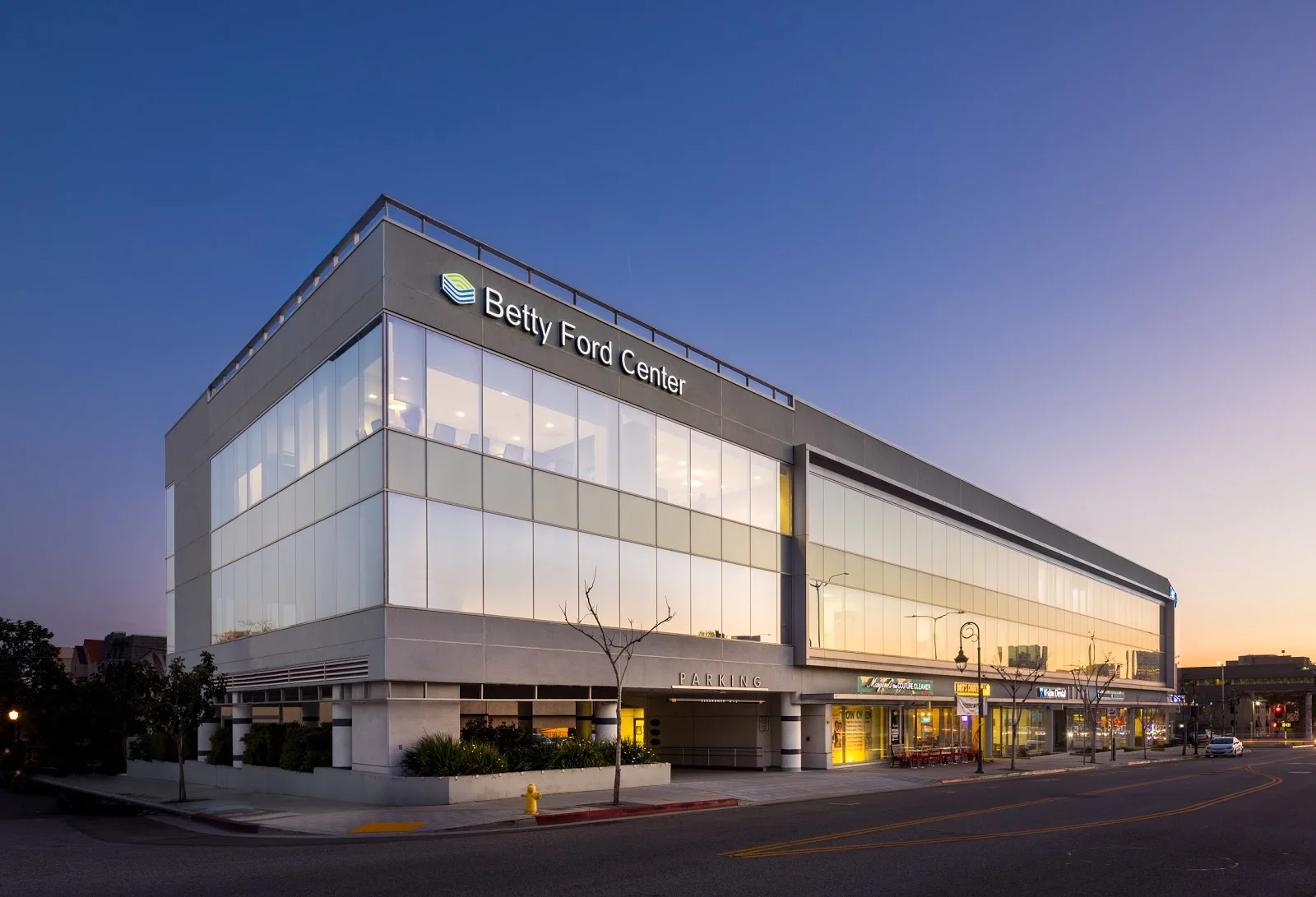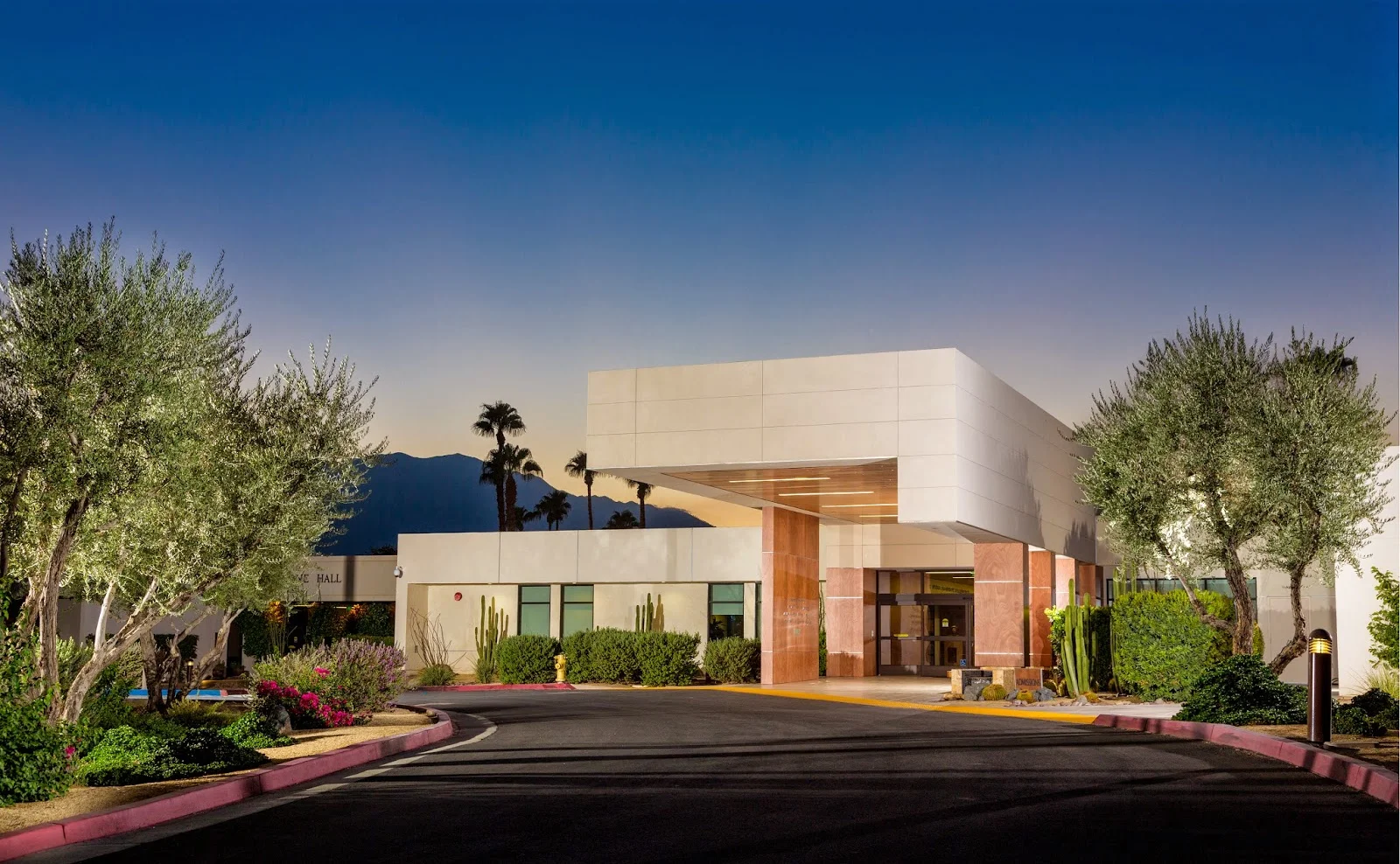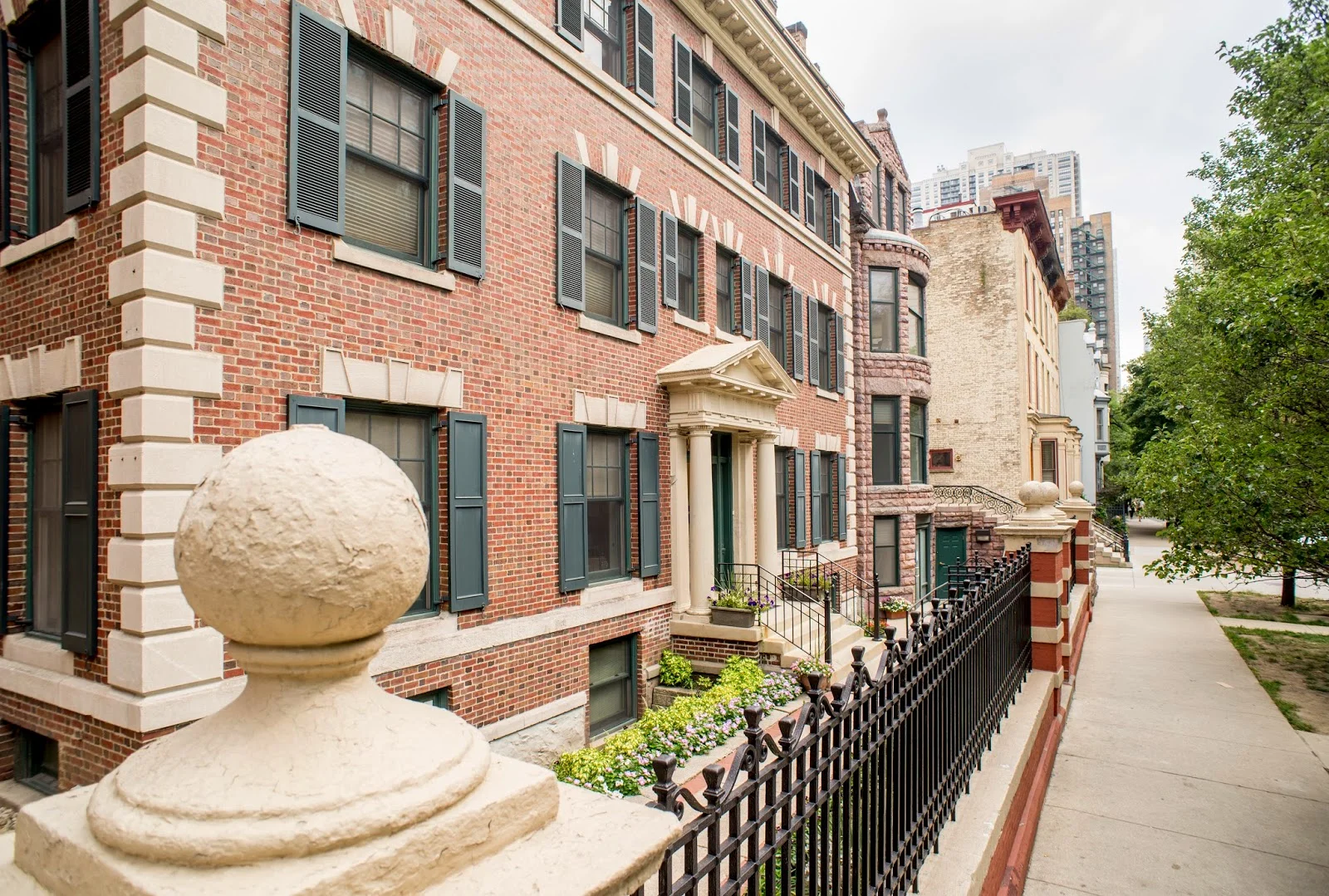The Hazelden Betty Ford Foundation, with locations across the country, has a facility in Minneapolis, Minnesota, that offers comprehensive treatment for substance use disorders, alcohol addiction, and mental health care. This facility provides a range of programs, including medical detox and residential treatment. During the inpatient program, clients have access to various therapeutic approaches, such as individual and group therapy. A multidisciplinary team works closely with clients to deliver personalized care, with the length of stay tailored to each individual's needs.
In addition to its inpatient services, the Hazelden Betty Ford Foundation offers an Intensive Outpatient Program (IOP), which typically occurs three to four days a week, as well as a Low-Intensity Outpatient Program. For those who require more flexibility, the facility provides online counseling sessions and a family support program, ensuring comprehensive care that extends beyond the individual. The Hazelden Betty Ford Foundation is accredited by The Joint Commission, reflecting its commitment to high-quality care.

















